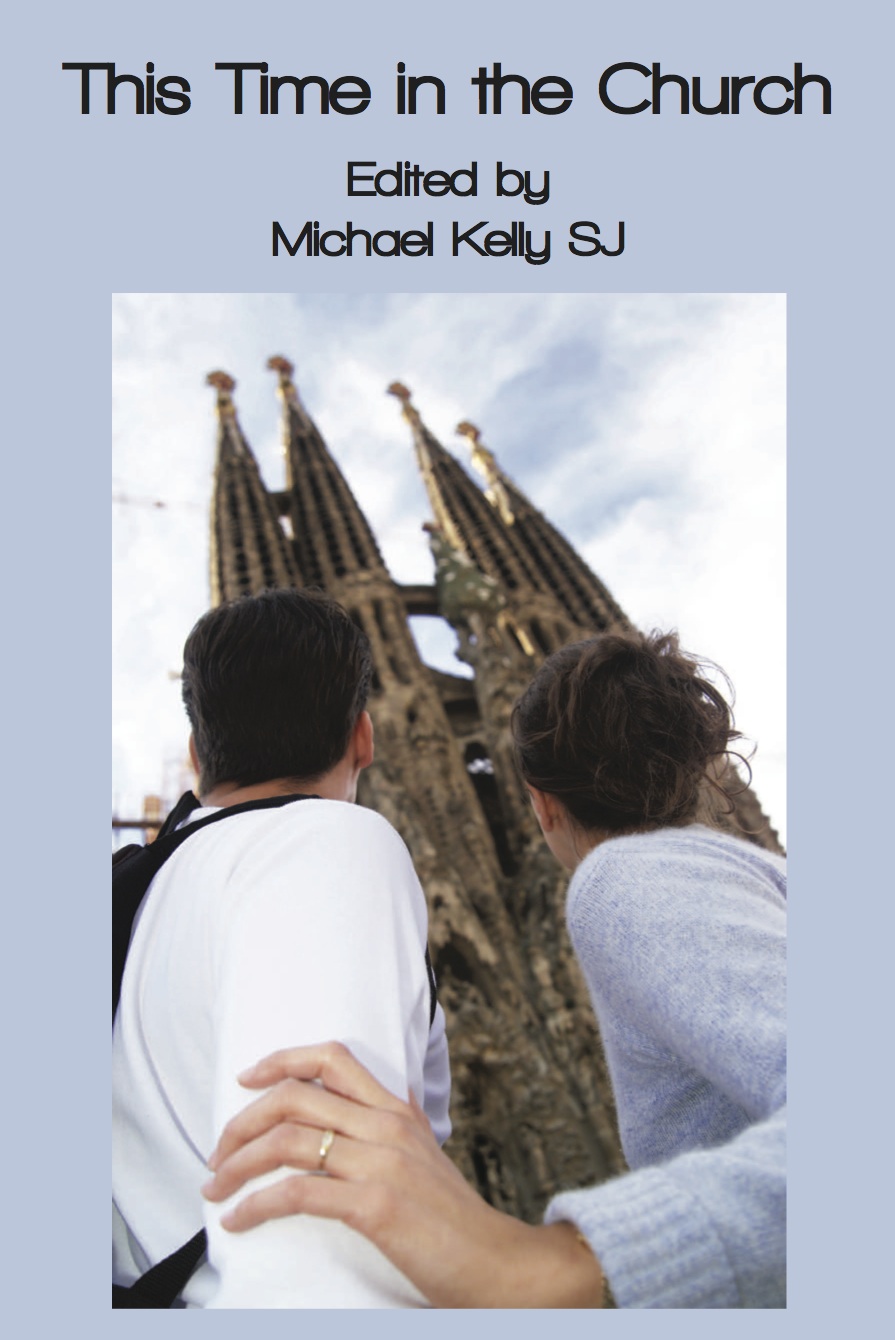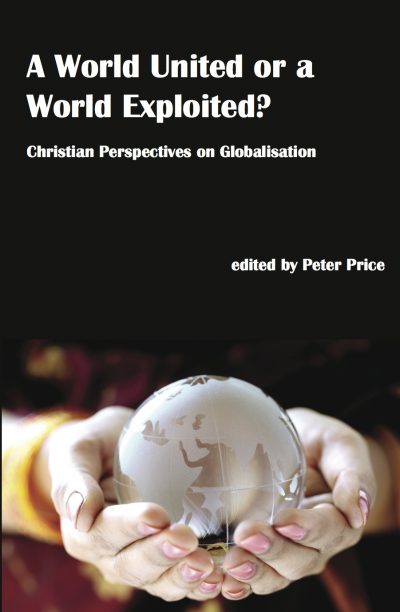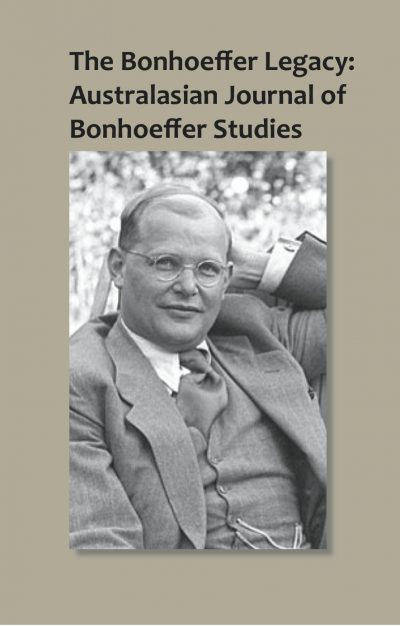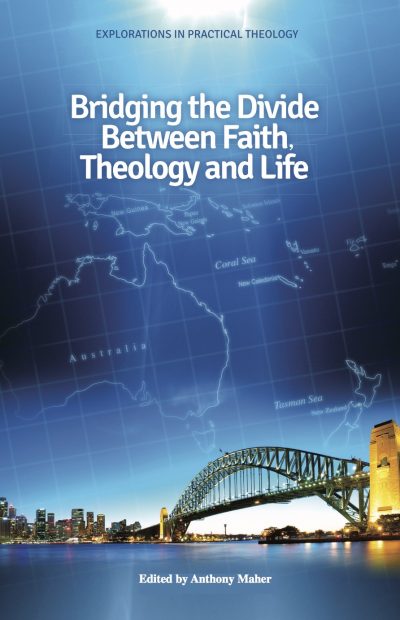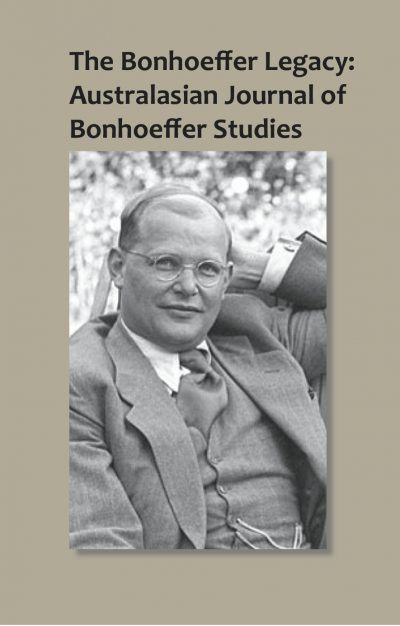Description
The collection of essays in this volume were given as talks in Sydney during a year of extra-ordinary surprises after Pope Benedict XVI resigned and Pope Francis was elected as Bishop of Rome (as he likes to call himself). Even if it’s only catching up with many things that have become commonplace assumptions in the contemporary world, it would seem that the Catholic Church is at a turning point as has been evidenced in all that Pope Francis has done since becoming Bishop of Rome. The subject of the first paper by Michael Kelly is not so much the scandals that have rocked the Catholic Church of late, but where does the Church, as a community and a public entity, need to go from here on these issues. That discussion—as intimate as it is related to some very public features of the Church—has a context: the history of a Church badly in need of structural reform. If the sentiments of the faithful and the desire to make the community of the Church more in deed what it claims in words, the reach of those changes is as profound as it is extensive. Effective reform of an historical community like the Roman Catholic Church will not happen without a deep grasp of the history of forms in need of reformation. That is the focus of Chris Geraghty’s contribution to this collection. Probing the spirit and reforming the body are for a purpose: mission. That mission is conditioned by the challenges of the context in which it is exercised. That is the focus of Frank Brennan’s contribution as he assesses the challenges and proposes some fresh approaches to meeting them. Because there have been so many formulaic and essentially unengaged responses to contemporary issues in and beyond the Church, the transformation needed in attitude and practical proposals to handle them is vast.

